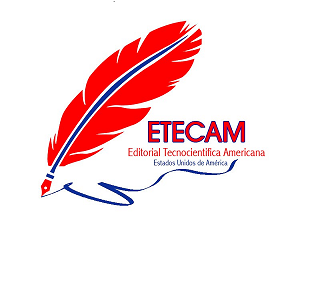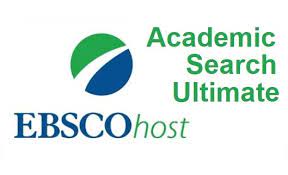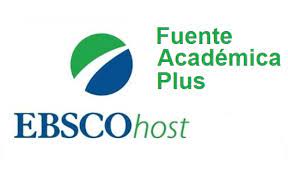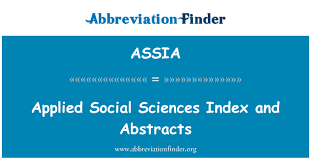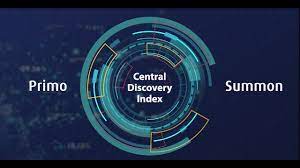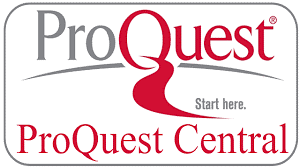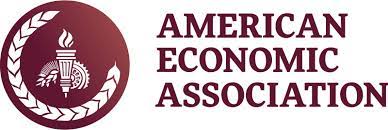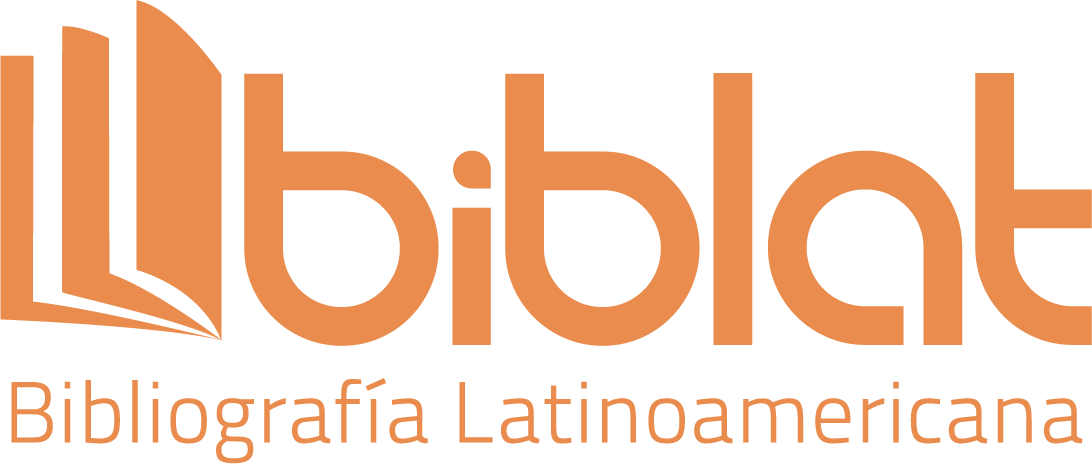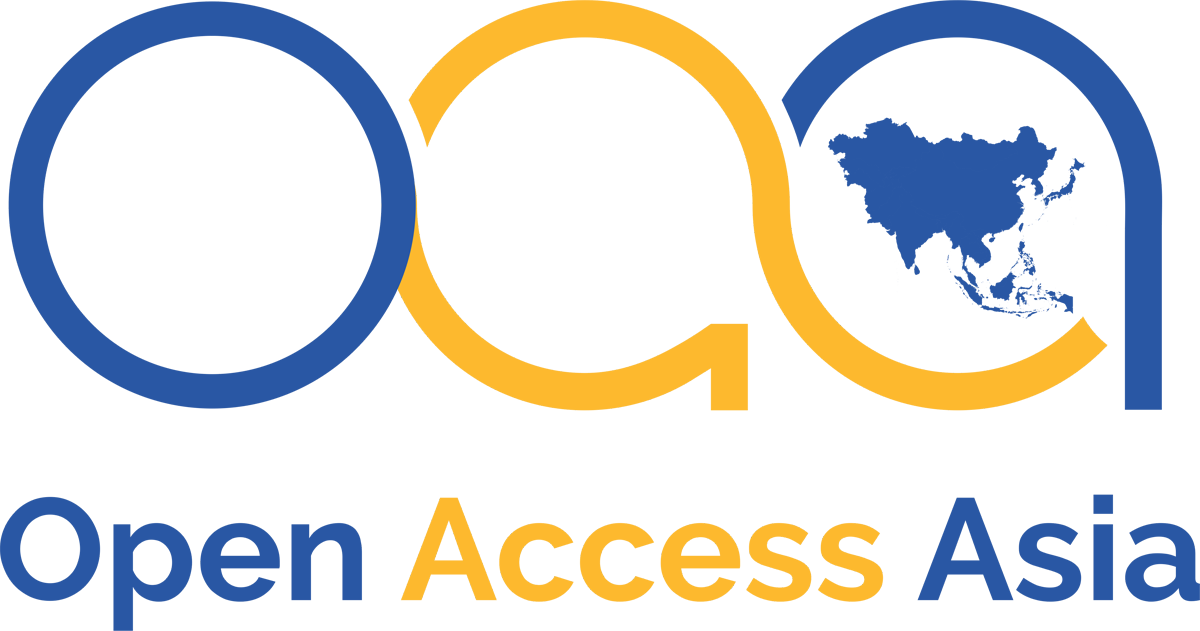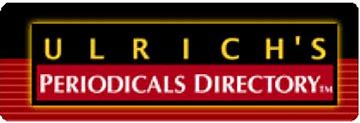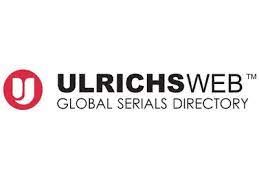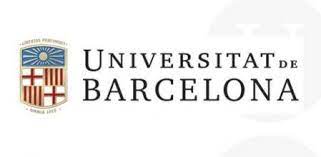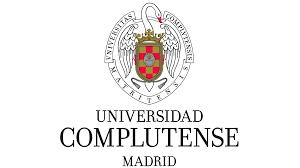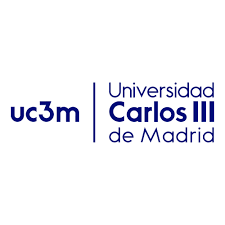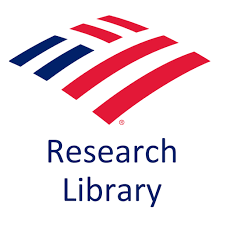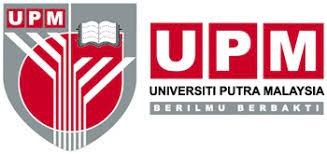Evaluation and its influence on academic performance in the sixth year of general basic education in the subject Natural Sciences
DOI:
https://doi.org/10.51736/sa.v7iEspecial%203.260Keywords:
evaluation, academic performance, subject, natural sciencesAbstract
This study about the evaluation of academic performance is to understand the factors that influence during the learning process. The objective is to identify the evaluation process and its impact on school performance in natural sciences, examining the contributions of educational research to improve these processes. A sample of 25 students from the sixth year of the President Jaime Roldós Aguilera School in the Huaquillas canton. The research was carried out through surveys directed at students and interviews with the teacher and the director of the institution. This made it possible to collect information for an analysis that aimed to understand how the natural sciences subject is taught, how students absorb it, and what teaching resources are used. The results of the survey show that a significant number of students experience difficulties in the subject, despite the use of various teaching resources and pedagogical strategies by the teacher. Objective tests are used to evaluate the learning process, but deficiencies in supervision and monitoring at home are identified as possible factors that affect academic performance. It was proposed to establish proposals to improve the academic performance of students. Feedback, review and group work strategies are also mentioned as measures to improve performance. In addition, teaching resources such as the workbook and direct observation (by teachers) are mentioned as important tools for learning in the classroom.
Downloads
References
Albán, N., Arguello, A., & Molina, N. (2020). Metodologías de investigación educativa (descriptivas, experimentales, participativas, y de investigación-acción). Recimundo, 4(3), 163-173. https://www.recimundo.com/index.php/es/article/view/860.
Arango, A., & Sanabria, I. (2021). El método de estudio de casos en la enseñanza de las ciencias naturales. Praxis & Saber, 12(31), 1-17. http://www.scielo.org.co/scielo.php?pid=S2216-01592021000400001&script=sci_arttext.
Avila, H., González, M., & Licea, S. (2020). La entrevista y la encuesta:¿ métodos o técnicas de indagación empírica?. Didáctica y Educación ISSN 2224-2643, 11(3), 62-79. https://revistas.ult.edu.cu/index.php/didascalia/article/view/992.
Beltrán-Garcés, R. D. (2023). Tendencias en estudios sobre didáctica de las ciencias naturales: una revisión sistemática. Ciencia Latina Revista Científica Multidisciplinar, 428-429.
Br. Maldonado, P. V. (2020). Influencia de la evaluación formativa en el rendimiento académico en estudiantes de secundaria en el área de comunicación SJL 2020. Lima – Perú: Universidad Cesar Vallejo.
Candela, Y., & Benavides, J. (2020). Actividades lúdicas en el proceso de enseñanza-aprendizaje de los estudiantes de básica superior. Revista de Ciencias Humanísticas y Sociales (ReHuSo), 5(3), 90-98. http://scielo.senescyt.gob.ec/scielo.php?script=sci_arttext&pid=S2550-65872020000300090.
Canto de Gante, A., Sosa, W., Bautista, J., Escobar, J., & Santillán, A. (01 de Junio de 2020). Escala de Likert: Una alternativa para elaborar e interpretar un instrumento de percepción social. Revista de la alta tecnología y sociedad, 12(1). https://www.researchgate.net/profile/Alberto-Fernandez-45/publication/361533522_Escala_de_Likert_Una_alternativa_para_elaborar_e_interpretar_un_instrumento_de_percepcion_social/links/62b736d0d49f803365b9681.
Cardenas, I., Villanueva, S., Avalos, E., & Díaz, E. (2020). Rendimiento académico: universo muy complejo para el quehacer pedagógico. Revista muro de la investigación, 5(2), 53-65. https://doi.org/10.17162/rmi.v5i2.1325.
Castañeda, M. (2022). La cientificidad de metodologías cuantitativa, cualitativa y emergentes. Revista Digital de Investigación en Docencia Universitaria, 16(1). http://www.scielo.org.pe/scielo.php?script=sci_arttext&pid=S2223-25162022000100006.
Cisneros, A., Guevara, A., Urdánigo, J., & Garcés, J. (2022). Técnicas e Instrumentos para la Recolección de Datos que apoyan a la Investigación Científica en tiempo de Pandemia. Domino de las Ciencias, 8(1), 1165-1185. https://dominiodelasciencias.com/ojs/index.php/es/article/view/2546.
Condori, P. (2020). Universo, población y muestra. Acta Académica. https://www.aacademica.org/cporfirio/18.pdf.
Conejero, J. (2020). Una aproximación a la investigación cualitativa. Neumología Pediátrica, 15(1), 242-244. https://doi.org/10.51451/np.v15i1.57.
Cruzado, J. (2022). La evaluación formativa en la educación. Comuni@ cción, 13(2), 149-160. http://www.scielo.org.pe/scielo.php?pid=S2219-71682022000200149&script=sci_arttext.
Darwin G. Brito & Rios, L. J. (2019). Currículo de los Niveles de Educacion Obligatoria. Ministerio de Educación del Ecuador.
Del Camen, M., & Alvarez, M. (2022). Usos del término" Likert". Una revisión en estudios sobre aprendizaje organizacional. Revista de la Escuela de Perfeccionamiento en Investigación Operativa, 30(51). https://revistas.unc.edu.ar/index.php/epio/article/view/37820.
Faneite, S. (2023). Los enfoques de investigación en las Ciencias Sociales. Revista Latinoamericana Ogmios, 3(8), 82-95. https://doi.org/10.53595/rlo.v3.i8.084 .
Galán, C. (01 de 01 de 2021). Enseñanza y aprendizaje de las ciencias naturales. Un análisis del contexto de educación básica primaria. Revista Boletín Redipe, 10(10), 223-236. https://revista.redipe.org/index.php/1/article/view/1481.
Losada, A., & Marmo, J. (2022). Clasificación de Métodos de investigación en Psicología. Psicología UNEMI, 6(11), 13-31. https://pdfs.semanticscholar.org/0df4/237c679044369d9c985342aa2845d2ab4407.pdf.
Mendoza, R., & Loor, I. (2022). Estrategias Didócticas para la Enseñanza de las Ciencias Naturales y Desarrollo del Pensamiento Científico. Domino de las Ciencias, 8(1), 859-875. https://dominiodelasciencias.com/ojs/index.php/es/article/view/2527.
Quispe, S. (2017). Dimensiones e indicadores utilizados en la evaluación escolar por los docentes del nivel secundario según la Ley 070 unidad educativa Marcelo Quiroga Santa Cruz. Tesis de Grado. La Paz, Bolivia: Universidad Mayor de San Andrés. Facultad de Humanidades y ciencias de la Educación. https://repositorio.umsa.bo/bitstream/handle/123456789/10984/QCSE.pdf?sequence=1&isAllowed=y.
Ramos, C. (2021). Diseños de investigación experimental. CienciAmérica, 10(1), 1-7. https://www.cienciamerica.edu.ec/index.php/uti/article/view/356.
Sánchez, D. J. (2022). Estrategias de Aprendizaje y su influencia en el rendimiento académico del área de Ciencias Naturales en los estudiantes de tercer año de la escuela de Educación Básica Tarquino Idrovo del Cantón Babahoyo, Provincia de Los Ríos. Universidad Tecnica de Ambato: http://dspace.utb.edu.ec/handle/49000/11953
Unesco. (2024). UNESCO - Cultura y Educación. https://www.unesco.org/es/culture-education
Published
How to Cite
Issue
Section
License
Copyright (c) 2024 Wilson Javier Román Chérrez, Keila Ketty Herrera Rivas, Wilber Ortiz Aguilar

This work is licensed under a Creative Commons Attribution-NonCommercial-ShareAlike 3.0 Unported License.













